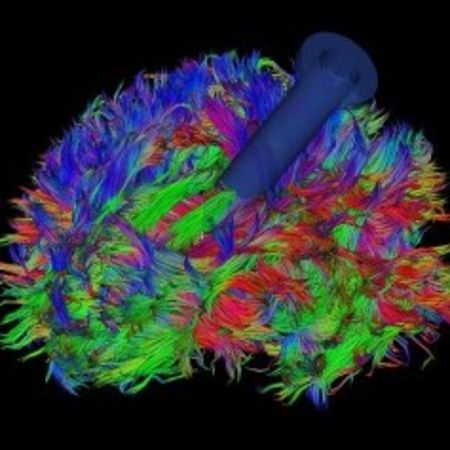Researchers from the Brighton and Sussex University Hospital Trust (BSUH) presented results from a study on “Time from Surgery to Post-operative Radiotherapy” at the Annual Radiotherapy and Oncology Meeting of the British Institute of Radiology (BIR) from 17 to 19 March 2021.
Survival rates are significantly worse for patients with head and neck cancer, if there are delays between surgery and starting post-operative radiotherapy (PORT). A national head and neck audit in Wales and England showed delays despite the NICE and ENTUK/BAHNO recommendations that the interval should be less than six weeks. One of the reasons is the COVID-19 pandemic which has caused delays in the cancer pathway.
A team based at BSUH performed a retrospective audit to determine the time between surgery and PORT with the objective to identify the extent and potential causes of delays and the impact of Covid-19.
Data were collected using electronic resources, the Mosaiq Elekta radiotherapy programme and the Somerset cancer registry for the period 1 January 2019 to 1 January 2020 (pre-Covid-19) and 1 March 2020 to 1 December 2020 (during Covid-19).
During the first sample period, 42 patients were treated, and 33 during the second (Covid-19) sample period. Before Covid-19, the mean interval time from surgery to PORT was 7.1 weeks (50 days) whilst it was 7.9 weeks (56 days) during Covid-19. Results showed that 19% (before Covid-19) and 18% (during Covid-19) of patients were treated within the six-week PORT target. Before Covid-19, the mean number of days from surgery to end of PORT was 84 and 89 during Covid-19. For both periods, 20 days lapsed between surgery and the histology discussion at the multidisciplinary meeting (MDM). Finally, the number of days between radiotherapy consent to starting port was 27 and 29 days, respectively.
This research showed that the pandemic did not alter start times for PORT significantly. However, in order to achieve the recommended six-week target, a streamlined pathway is required. In order to do so, the BSUH has started tracking patients requiring PORT with a “breach date”. Furthermore, the BSUH is considering a business plan for a diamond band to deal with delays in specimen decalcification. In addition, more flexibility for clinic slots and radiotherapy planning will cut the time interval to consent. The Trust is also considering creating a new clinical oncology consultant position, which would help improve radiotherapy planning.
References:
1. Ang KK, Trotti A, Brown BW, Garden AS, Foote RL, Morrison WH, Geara FB, Klotch DW, Goepfert H, Peters LJ. Randomized trial addressing risk features and time factors of surgery plus radiotherapy in advanced head-and-neck cancer. Int J Radiat Oncol Biol Phys 2001;51:571-578 2. Vikram B, Strong EW, Shah JP, et al. Failure in the neck following multimodality treatment for
advanced head and neck cancer. Head Neck Surg 1984;6:724–729. 3. National Institute for Clinical Excellence NICE. Improving Outcomes in Head and Neck Cancers. The Manual. London: NICE 2004. 4. National Head and Neck Cancer Audit 2014, DAHNO Tenth Annual Report, Health and Social Care Information Centre. 5. National Head and Neck Cancer Audit 2013, DAHNO Ninth
Annual Report, Health and Social Care Information Centre. 6. ENTUK. Head and Neck Cancer: Multidisciplinary Management Guidelines. British Association of Otorhinolaryngology, Head and Neck Surgery 4th edition, 2011.
Source: https://www.mybir.org.uk
Image credit: www.pacificneuroscienceinstitute.org



























